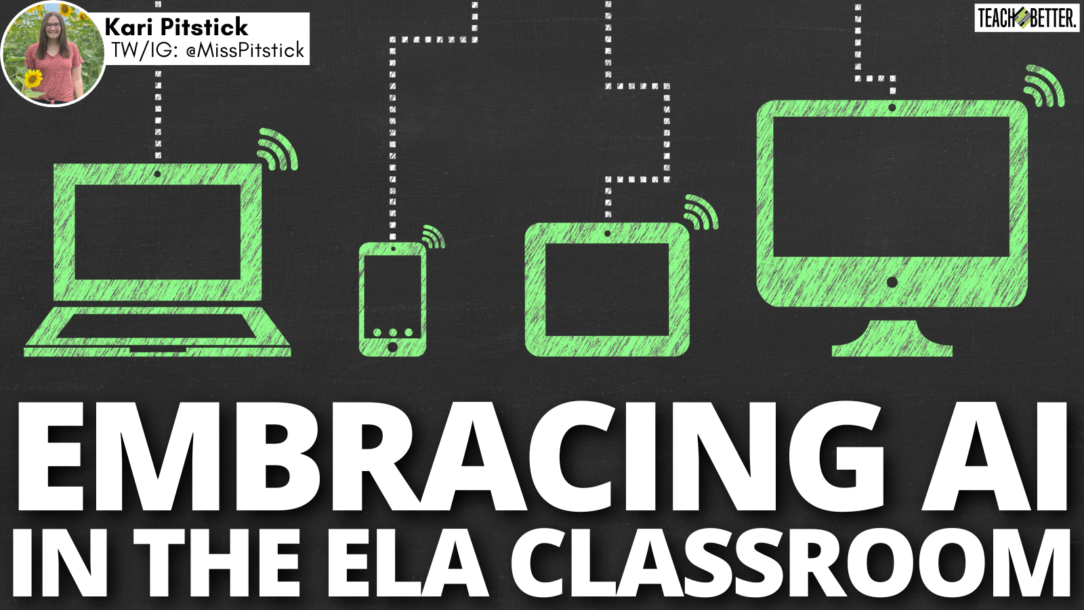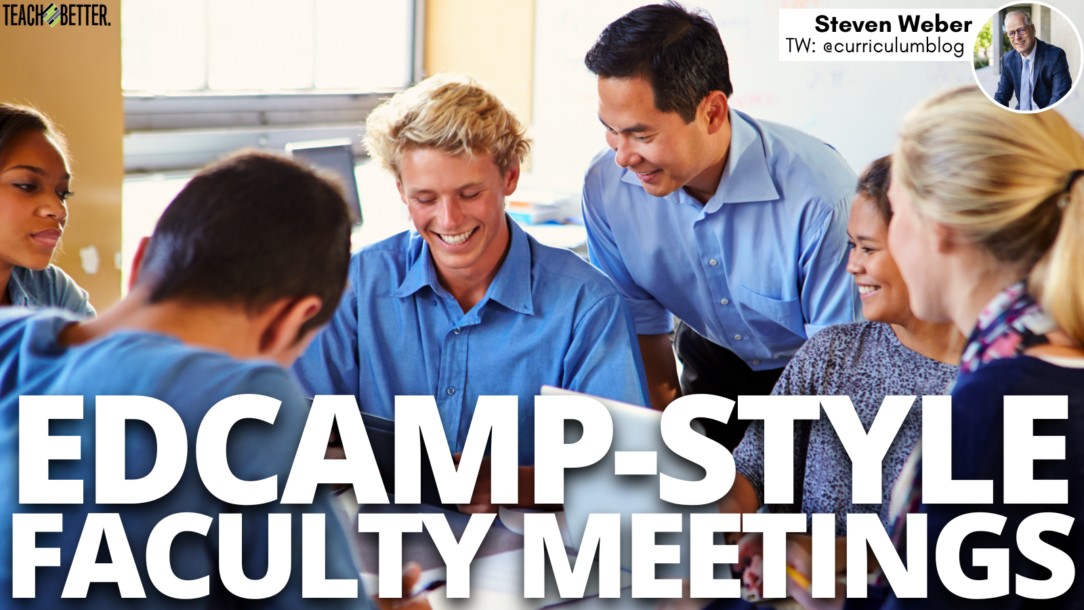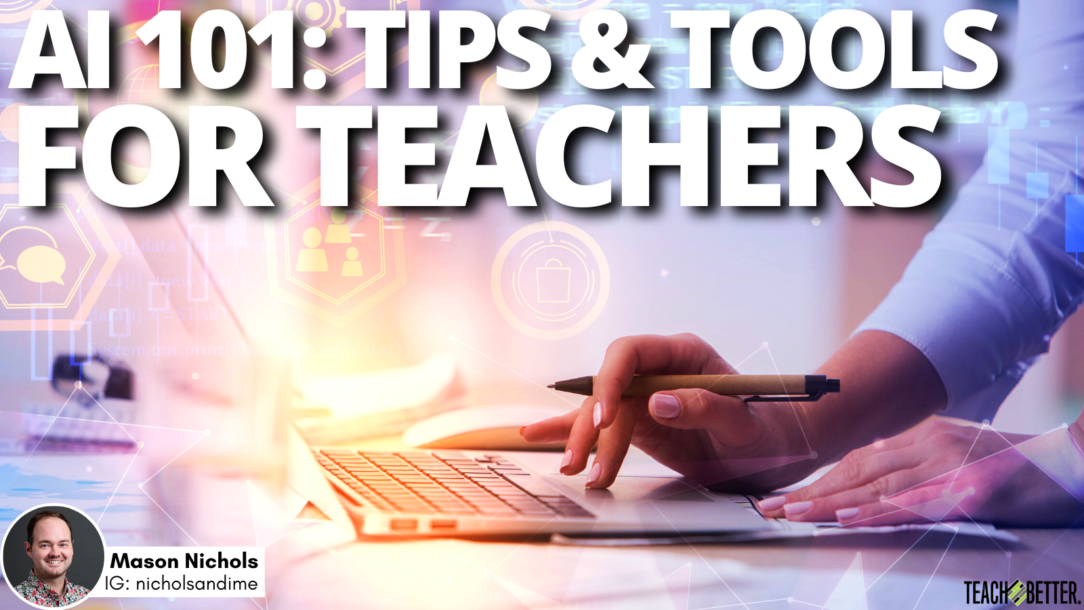TL;DR: Initial hesitation about AI in ELA classrooms was based on misconceptions. Embracing AI tools like Classroom Companion enhances student learning and provides instant feedback. AI doesn’t replace teachers, but transforms their role into facilitating learning. AI…In the ELA Classroom? I’m not going to lie. When I first thought about using AI in my ELA classroom, all I could think … Read More
3 Keys To Supporting Learner Agency
TL;DR: Learner Agency involves students setting goals, reflecting, and applying skills in new contexts, with productive struggle enhancing retention and deeper understanding. Scaffolding, Project-Based Learning, and amplifying student voice through interactive methods are key strategies to foster learner agency and self-regulation. Focusing on employability skills such as analytical thinking, creativity, and resilience, education must shift to more engaging, independent, and … Read More
Edcamp-Style Faculty Meetings
TL;DR: Originating in 2010, Edcamp flips traditional conferences by allowing attendees to choose session topics, fostering engagement and shared learning. Encourage problem-solving, resource-sharing, and collaboration among educators, elevating teacher voice and promoting ownership of learning. Staff propose and vote on topics, fostering engagement and addressing relevant issues. This participant-driven approach fosters trust and respect, crucial for teacher retention and professional … Read More
Refocus Your Class for Quarter 4!
TL;DR: Spring quarter can be challenging with warmer weather and distractions. Tips: Refocus after break, use problem-based learning, and allow student-led projects. Get outside, link content to themes, and enjoy teaching for better engagement. Navigating Quarter 4 By the time you’re reading this, you’re likely returning from spring break. You are hopefully rested and refreshed and eager to get quarter … Read More
AI 101: Tips and Tools for Teachers
TL;DR: This post explores the integration of artificial intelligence (AI) in education. AI tools that can be used in education include MagicSchool, Diffit, Eduaide, SchoolAI, and Brisk Teaching. Some features of AI that can be used in education are email assistance, curated educational content, gamification, AI “assistants,” and reading level adjustments. AI in Education Over the past year, we have … Read More






